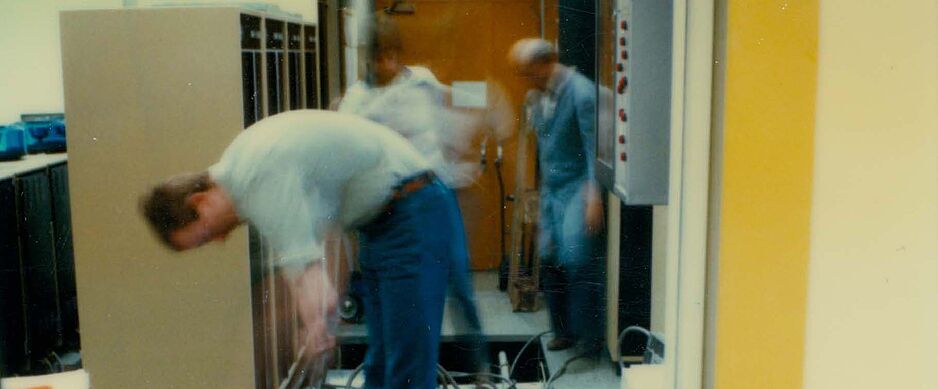

History of technology is a rich source of intellectual irritation and has to deal with profound, long- and short-term changes both of technological conditions and of social effects. The field’s insights stem from a careful analysis of complex relations. While historians of technology used to study the social shaping of technology and later became servants of the impact study business, the history of technology at ETH follows a strictly relational program: Neither do we adhere to the fairy tales of pioneer and leadership models, nor do we subscribe to any form of technological determinism. Instead, it proved to be extremely productive to search for sociotechnical problems, which had to be dealt with in wearisome negotiations, difficult reinterpretations, and far-reaching adjustments. These processes left their tangible traces in archival materials. Curiously enough, archives may explain how and why a specific solution eventually emerged. Archival evidence, however, also shows in what respect such a solution turned out to be the central problem for the next round of negotiations and adaptions. The trade-off between feasibility, necessity, hope, and fear simultaneously produces interesting solutions and new, every now and then even more exciting problems.
There is no room for a dogmatic research program or a standardized methodological approach in the history of technology. To make matters even worse, historians of technology have to be familiar with technological conditions that completely vanished or actually rarely mattered. At the same time, they have to develop a sensitivity for strange arguments and odd associations of contemporary actors and artifacts. That’s what we call configurations.
In order to solve the problem of close reading of vast amounts of archival materials, the history of technology group at ETH has started an intensive, tripartite cooperation between its own research projects (mostly funded by SNF), the ETH Scientific IT Services at ETH, and the relevant archives. Methodologically, we work on massive retro-digitization with OCR for historic documents, we have built a powerful search tool for archival materials, and we are experimenting with analytical tools such as topic modelling in relation to close reading. Currently we work with the Federal Archives in Bern, the archives at ETH Zürich, at CERN in Geneva, the Centers for Supercomputing in Lugano and Stuttgart, as well as the archives of public and private enterprises such as Oerlikon Balzers or the PTT.